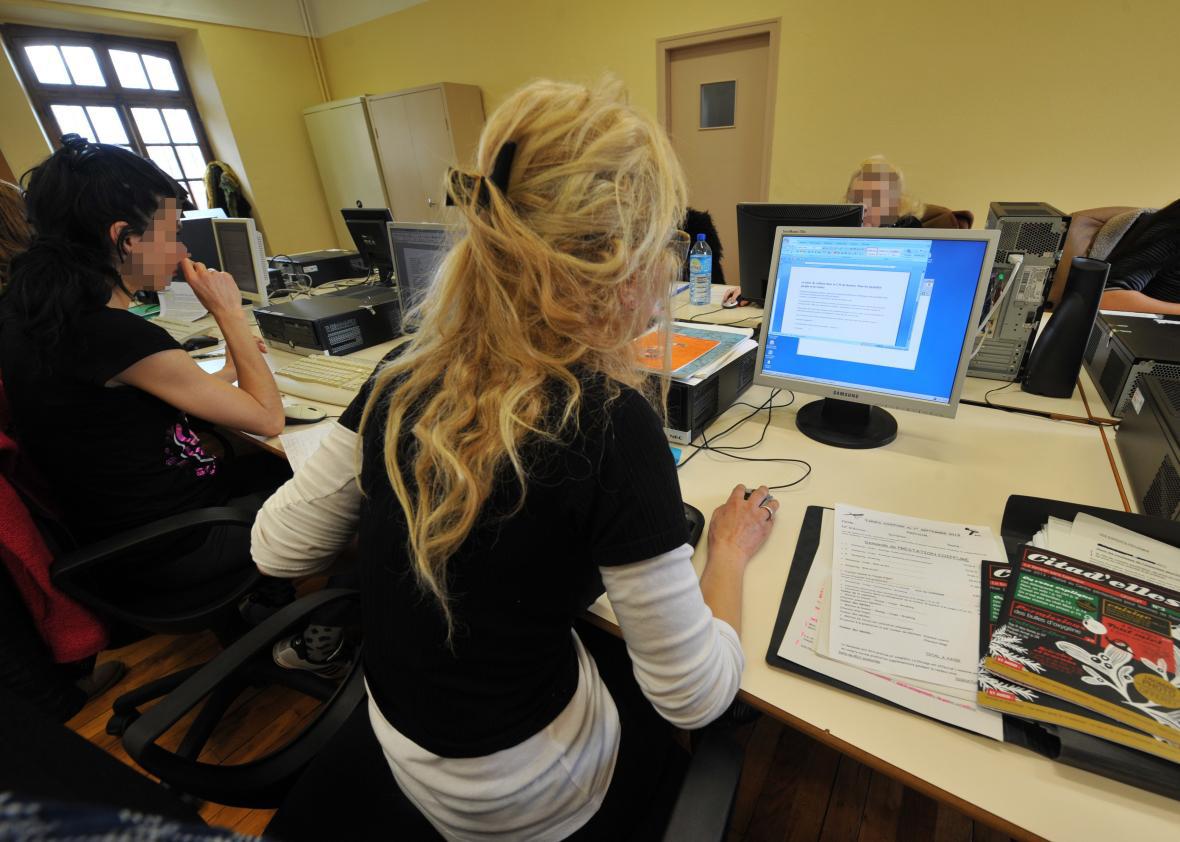California’s state legislature is considering a bill that would give youth in juvenile detention facilities reasonable access to computers and the internet for educational purposes and to keep in contact with outside support systems. The bill passed the Human Services Committee in the California Senate on June 27. The next step is for the bill to be heard by the Senate Public Safety Committee on July 11.
Many juvenile detention facilities in California already have wireless internet connections, and some allow their inmates to Skype approved contacts, according to Jay Jefferson, the legislative director for the bill’s sponsor, Mike Gipson. But most juvenile inmates have very limited access to the internet, only using it if they need to take tests school or psychological tests online, according to Ike Dodson, a public information officer with the California Department of Corrections and Rehabilitation. Dodson wrote in an email that some juvenile detention facilities use intranet for school-related tasks, and they are looking at ways to download content so prisoners can view websites without being connected to the internet.
The bill has support from big names in the tech industry, including Facebook and the Electronic Frontier Foundation. In a letter of support, the EFF wrote, “Computer literacy and computer skills are crucial to development in the modern era. … Many facilities are located in remote areas, placing youth far from their homes, accommodations should be made using modern technology to allow detainees to maintain meaningful relationships with their families.” Gizmodo reports that Facebook’s Anne Blackwood, the head of public policy for the western states, wrote a letter of support making similar arguments. “Computer literacy and the ability to communicate with technology are integral to living in today’s society,” she wrote.
Facebook for the (adult) incarcerated has long been a point of contention. In 2011, South Carolina tried to pass a bill that would add more prison time to a felon’s sentence, along with a $500 fine, if he or she created or used a Facebook account while incarcerated. The following year, South Carolina actually did make using social media in prison a Level 1 offense—a reprimand typically reserved for serious violations of prison policies, like violence.
The EFF has spoken out against placing inmates in solitary confinement for their use of Facebook and other sites, noting that officials can issue separate violations for each day of usage. “If a South Carolina inmate caused a riot, took three hostages, murdered them, stole their clothes, and then escaped, he could still wind up with fewer Level 1 offenses than an inmate who updated FaceBook every day for two weeks,” it wrote.
By threatening violators with solitary confinement, South Carolina takes things to the extreme. But it isn’t alone in cracking down on social media for prisoners. In 2016, the Texas Department of Justice announced that family members can’t run prisoners’ accounts from the outside. Facebook has even partnered with California prisons to take down the profiles of prisoners. But there’s a difference between adults and minors and children, and the proposed bill in California seems to recognize that.
The bill wouldn’t just affect the 23,000 in juvenile detention in California; it would also create regulations for the nearly 56,000 who were in the foster care system as of 2015. The legislation would ensure that minors in foster care have reasonable internet access, regardless of what home they’re placed in. The bill also gives them the right to a variety of options for independence, like maintaining an emancipation bank account. Essentially, this bill would expand the ability for currently disadvantaged minors to have more opportunities for success.
Additionally, the bill would also allow for juveniles to make at least two free phone calls within an hour of arriving at a facility after being arrested and would mandate that they be able to maintain frequent contact through calls if they desire. Calls from prison can be notoriously expensive, and the Obama administration tried unsuccessfully to regulate the cost. But that wouldn’t necessarily mean that internet use would be just another way to squeeze money out of those in juvenile detention. Jefferson wrote that the intent of the bill is to not have the families and children bear the cost. In facilities that currently provide internet access, families don’t have to pay, Jefferson says. But he notes that he can’t guarantee a specific facility won’t charge for a particular service. He added that the bill was intentionally written in broad language so that there would be a variety of options on how to implement it.
